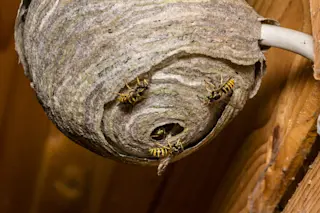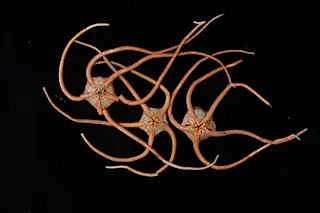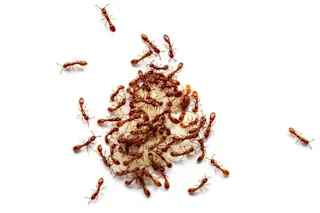The introduction of genetically engineered cotton plants has had an unexpectedly broad effect on Chinese agriculture, according to a new study. The so-called Bt cotton plants that produce a chemical that kills the cotton bollworm have not only reduced the incidence of the pest in cotton fields, but also in neighboring fields of corn, soybeans, and other crops. The study, published in the journal Science [subscription required], found that the altered cotton plants kill the bollworm larvae before they can mature and move on to other crops.
The cotton bollworm, Helicoverpa armigera, is one of the most serious insect pests in Asia, attacking wheat, corn, soya beans, peanuts and vegetables as well as cotton. In the early 1990s, repeated bollworm outbreaks in China were barely contained. The heavy pesticide use that controlled them killed thousands of people each year, according to [biotechnology researcher] Huang Dafang [Nature News],
as many farmers ...













